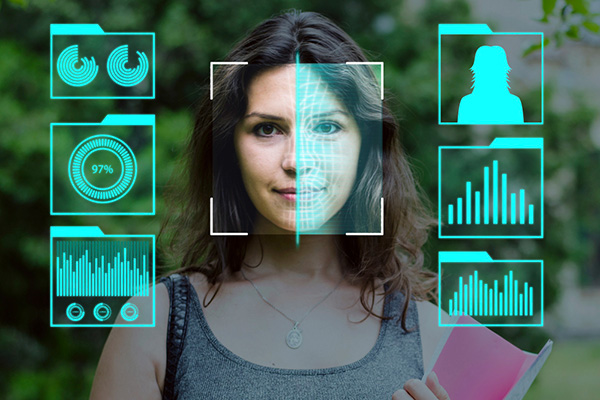12 September 2024 |
The AI revolution in talent acquisition
Artificial Intelligence (AI)-based recruitment platforms are redefining how companies find and select ideal candidates. With advanced algorithms, these tools can analyze resumes, assess skills, and do initial candidate screening much more efficiently than traditional methods.
How does AI work in recruitment?
These platforms employ algorithms designed to search for keyword matches, assess relevant work experience, and predict candidates' suitability through Big Data analysis. Some key features are:
- Resume analysis: scanning thousands of CVs in seconds, searching for specific terms and relevant experiences that fit the desired profile.
- Skill assessment: Through automated testing and data analysis, AI can accurately measure candidates' technical skills, comparing them to the company's needs.
- Initial Candidate Filtering: Pre-filtered to identify the most promising candidates and discard those who don't meet the basic criteria, saving time and resources.
An example of an AI platform for recruiting talent is HireVue, which uses video analytics to assess the body language, tone of voice, and words used by candidates during interviews. In this way, a comprehensive assessment is achieved beyond the traditional curriculum.
Another outstanding case is that of Pimetrics, which assesses the cognitive and emotional abilities of candidates through mini games based on AI and neuroscience. The good thing about this innovative system is that it avoids human bias in the initial assessment.
The challenges of AI: algorithmic biases
Not everything is advantages, and there are also obstacles. The main one is algorithmic bias. Because algorithms learn from historical data, if that data contains human biases, such as gender or race discrimination, AI can perpetuate and amplify those biases. For example, Amazon had to abandon its AI-based screening technology when it was discovered that the system unfairly penalized female candidates, as it had been trained on predominantly male data.
Companies must strive to mitigate these biases to ensure fairer and more inclusive selection processes. Additionally, they must avoid over automation, as excessive use of AI can dehumanize the candidate experience. Human judgment and the assessment of selection professionals must remain a central part of the process.


